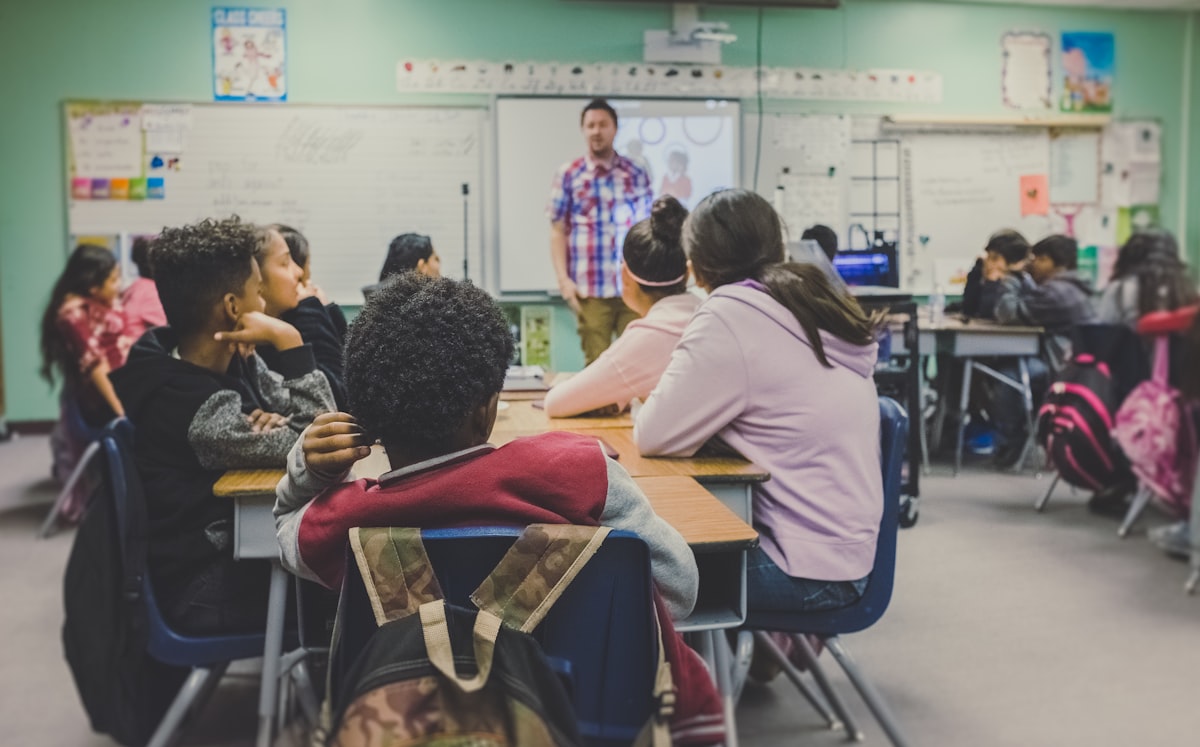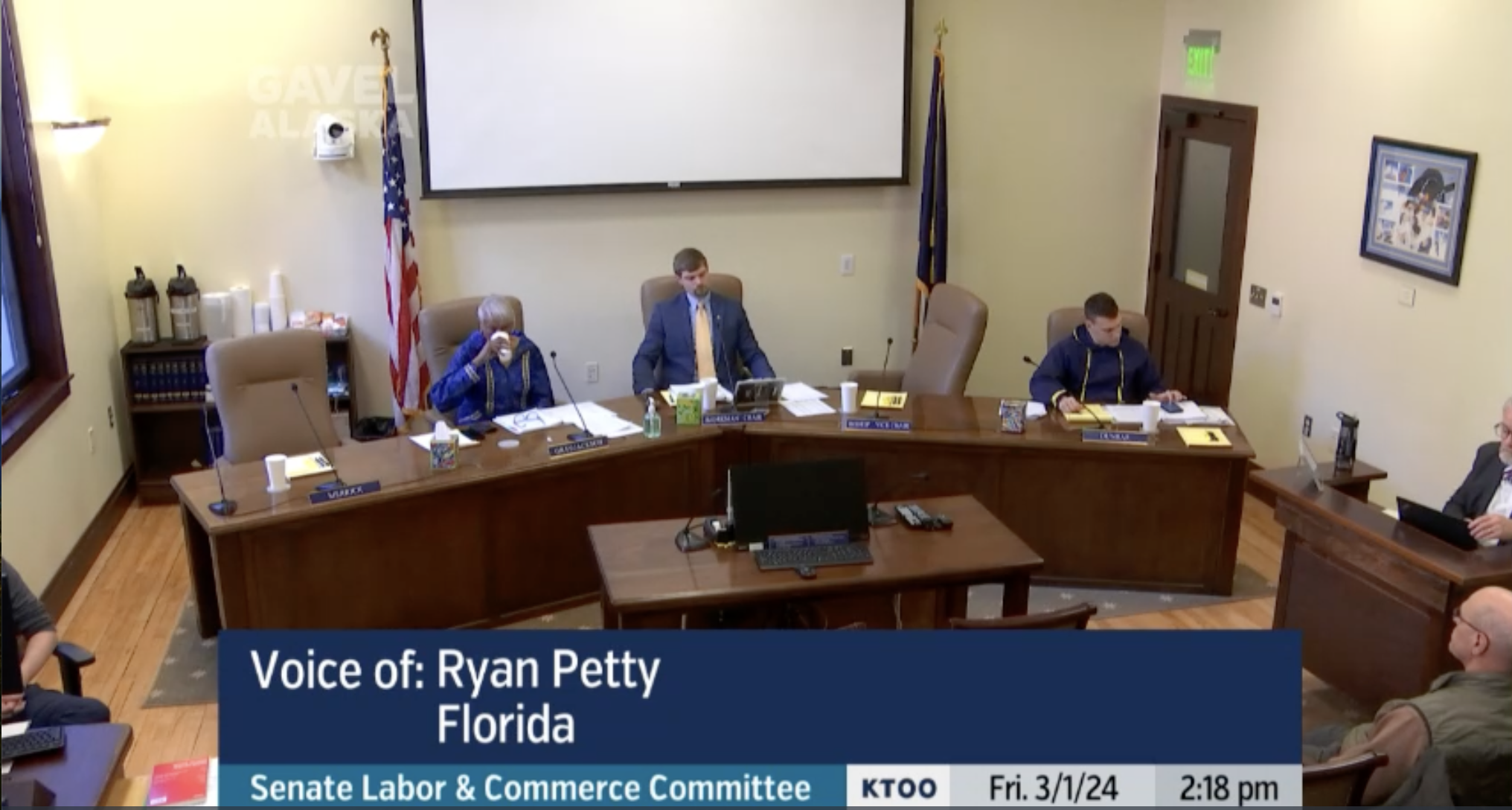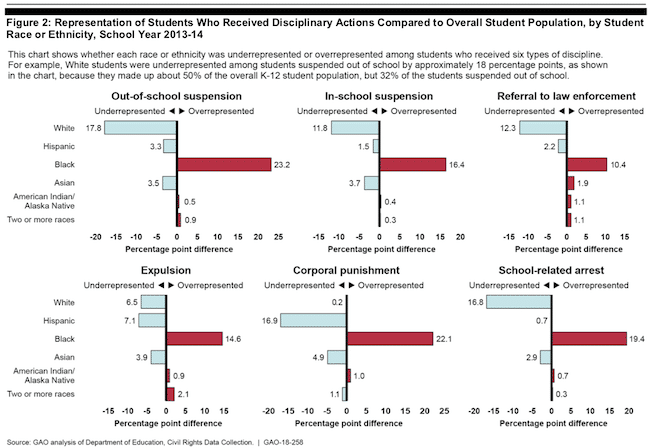Testimony to the Alaska Senate Labor & Commerce Committee
Armed school staff provides both a deterrent and the quickest means to stopping an attack once it starts. Armed school staff bridge the critical gap between the time the threat presents and the arrival of law enforcement, providing an immediate response that can and will save lives.

On March 1st, I had the opportunity to provide testimony to the Alaska Senate's Labor & Commerce Committee. The Alaska Legislature is considering legislation SB 173, which would allow trained Alaska school staff to carry firearms to protect Alaska's schools. We were limited to two minutes of testimony, so some of what I wanted to say I had to exclude, but here is the text of my testimony.
Unlike the case in Florida back in 2018, I was encouraged by the broad support by Alaska residents for this bill. Of course the arguments against were the same as those offered in 2018. In 2018, the idea of arming school staff to protect schools was untested at the scale we proposed in Florida. Many were opposed to the very idea of more guns in schools, but that argument falls short of the reality of active shooter events. Seconds count. In a best case responding law enforcement is minutes away from stopping an attack. This isn't about feelings, it's about facts. Stopping an attack quickly saves lives.
We can all wish targeted school violence wasn't a reality, but it is. Armed school staff provides both a deterrent and the quickest means to stopping an attack once it starts.
Chair Bjorkman, Members of the Committee,
My name is Ryan Petty, I am the Vice Chair of the Florida State Board of Education, a Commissioner on the Marjory Stoneman Douglas Commission, tasked with investigating the Parkland tragedy. My path to this testimony is marked by a profound loss—the loss of my 14 year old daughter, Alaina, in the Parkland school shooting. That tragedy has not only shaped my life in previously unimaginable ways but has also propelled me into a relentless pursuit of ensuring the safety and security of our children in schools across our nation.
I am here to express my support for Alaska Senate Bill 173. I base my support on the resounding success of the Florida Guardian Program—a program with which I am deeply familiar and have witnessed its significant impact firsthand. I am an honorary Florida Guardian and I have been through that training. The Florida Guardian Program emerged as a crucial initiative, responding to the pressing need for improved security in our schools, and to reduce response times because seconds count. Senate Bill 173 addresses a critical aspect in securing Alaska’s schools—the time it takes for responding law enforcement to arrive on scene during an active shooter threat. History has shown us that an immediate response is crucial in minimizing harm and saving lives.
As with Senate Bill 173, The Guardian program rigorously trains school staff members who volunteer to take on the critical role of protecting our schools, equipping them with the skills needed to act swiftly and effectively in the face of a threat.
As was the case in Florida 2018, there were many opposed to the idea of training & arming school staff, claiming the mere presence of firearms on a school campus will in some way make students less safe. Opponents offered an endless laundry list of bad things would happen if school staff was armed. That has not been the case.

According to a report published by the U.S. Secret Service's National Threat Assessment Center (NTAC) titled "Protecting America's Schools: A U.S. Secret Service Analysis of Targeted School Violence," which analyzed 41 school attacks from 2008 to 2017, it was found that the majority of school attacks were stopped by means other than law enforcement intervention. In fact, non-law enforcement adult school staff brought almost one quarter of the attacks to an end. This staff included teachers, guidance counselors, an assistant principal, a sports coach, a campus supervisor, and a janitor. The report underscores the importance of preventive measures, early intervention, and the role of school personnel in stopping school attacks. By training and arming staff already on the campus, we can bridge the critical gap between the time the threat presents and the arrival of law enforcement, providing an immediate response that can and will save lives.
The Florida Guardian Program is not merely a reactive measure; it has fostered a culture of vigilance and preparedness that acts as a deterrent against potential threats. It reassures parents about the safety of their children and allows students to focus on their education, secure in the knowledge that they are protected.
Alaska Senate Bill 173 represents an opportunity to enhance the safety of Alaska schools by adopting a proven model of success. I urge this Committee, Alaska legislators, educators, and all stakeholders to support this bill. Your action today will safeguard the lives and futures of Alaska’s children, honoring our profound duty to protect them.
Let us be united in our commitment to creating safer educational environments. Our children deserve no less.
Thank you.



